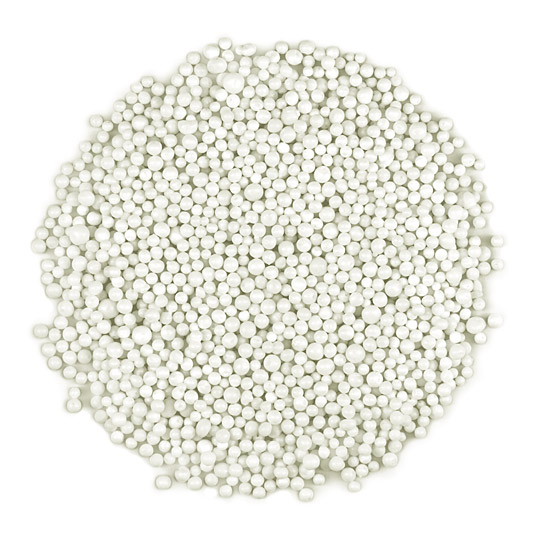Ammonium Nitrate (AN)

Technical specification
Ammonium nitrate is the most common nitrogen fertilizer for feeding all the kinds of crops with total contents of nitrogen 34%. This is the fastest acting granular nitrogen fertilizer appropriate for all the kinds of feeding.
Due to its absorbable form after getting into the soil, it rapidly decomposes and provides the plants with nitrogen food. At the absorption of the ammonium nitrate from the soil, its form changes in due time, this process is easily regulated, taking the soil-climatic conditions and the time period of the input of the product into consideration.
The investigations made through isotopic methods show that from 35 % to 50 % of the nitrogen input with the fertilizers are usually used by the plants. About 20–30% of the fertilizer nitrogen are immobilized by the soil micrororganisms.
Advantages
The farming cultures differ in their needs of nitrogen for the formation of their production. These specific needs and the conditions, which they are grown under, constitute a basis for the determination of nitrogen mineral fertifilization. The following are observed in events of absence of sufficient nitrogen in plants:
- Delayed growth;
- Initial pale green, yellow-green and even yellow foliage with subsequent browning and dying of the leaves;
- Low resistance to abiotic and biotic stress;
- Premature ripening;
The excess nitrogen:
- Accelerates the growth, the foliage grows up wildly and acquires dark green color;
- The vegetation time period is extended;
- Superfluours nitrates and proteins are accumulated;
- The plants become non-resistant to diseases, frost and drought;
- The technological qualities and the flavors of the production get deteriorated;
Customs tariff number
3102309000
Technical characteristics
It satisfies the requirements of Regulation 2003/2003 relating to mineral fertilizers with high contents of nitrogen.
| PARAMETER | NORM | Harmonized analytical standard | |||||
| Total Nitrogen (N), % | 34.4 ± 0.6 | BDS EN 15750; BDS EN 15476 | |||||
| Nitrate Nitrogen, % | 17.0 ± 0.6 | BDS EN 15750; BDS EN 15475; BDS EN 15476 | |||||
| Ammoniacal Nitrogen, % | 17.0 ± 0.6 | BDS EN 15475 | |||||
| Water, max., % | 0.6 | BDS ЕN 13466-1 | |||||
| Inorganic additive (MgO), % | 0.3 - 0.5 | BDS EN 15960; BDS EN 16198 | |||||
| рН of water solution @ 200С* | min. 4.5 | Regul. 2003 / 2003, App. 3, method 4 | |||||
| Chlorine (as Cl-), mg/kg, max. * | 200 | Regul. 2003 / 2003, App. 3, method 6 | |||||
| Copper (Cu), mg/kg, max. * | 10 | Regul. 2003 / 2003, App. 3, method 7 | |||||
| Oil retention, %, max. * | 4 | Regul. 2003 / 2003, App. 3, methods 1,2 | |||||
| Combust. Comp. (as С), %, max. * | 0.2 | Regul. 2003 / 2003, App. 3, method 3 | |||||
| Granulometry: granules 1-4 mm | min. 95 | Regul. 2003 / 2003, App. 3, method 5; BDS EN 1235 | |||||
| granules under1 mm | max. 5 | ||||||
| granules under 0.5 mm | max. 3 | ||||||
* Parameters are determined once at every 3 months.